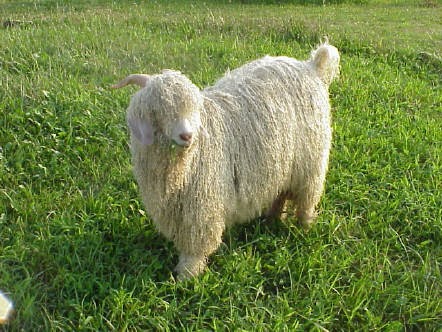The angora goat will usually commence to shed early in the spring, or as soon as a few warm bright days come. in some sections of the country it is thought advisable to shear twice a year. many points in favor 42 of this method are advocated. it is claimed that the price realized for the two medium length, or short stapled fleeces, together. Angora goat husbandry. all goats appreciate shelter from the wind and rain and when it is hot, the sun, so a shed or some other structure will help keep both the goats and their mohair healthy. australian heritage angoras do not grow mohair on their faces, so generally they don�t need to be �wigged� (mohair removed from their faces so. Raising mohair goat breeds for fiber raising angora, pygora, and nigora goats for spinning yarn. angoras, and those fiber breed goats that are type a or heavy angora, cannot shed their coats. if they are not sheared or clipped, fiber can felt to the body and become worthless. type b and c fiber goats will shed fully or partially..
Introduction goats may be kept for milk, meat, or fiber (or a combination thereof). both angora and cashmere goats are raised for fiber, but differ in both fiber qualities and methods of fiber harvest. angora goats produce mohair. fiber from non-angora goats is cashmere. note that rabbits, not angora goats, produce angora fiber.. These domestic goats are sheared twice a year, and their coats are used to make a wide variety of products, from clothing to blankets to upholstery to curtains�the list goes on and on. mature female angora goats can shed over 8 pounds of hair a year while males can shed over 12 pounds of hair.. The nigora is an american breed of small or medium-sized dual-purpose goat, raised both for its milk and for its fiber. it is the result of cross-breeding nigerian dwarf bucks with does of mohair breeds such as the angora ..

